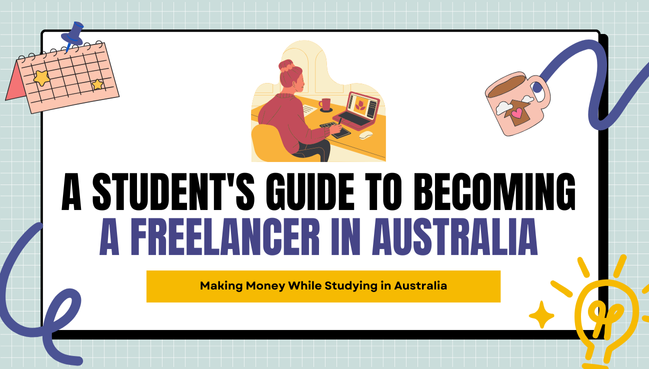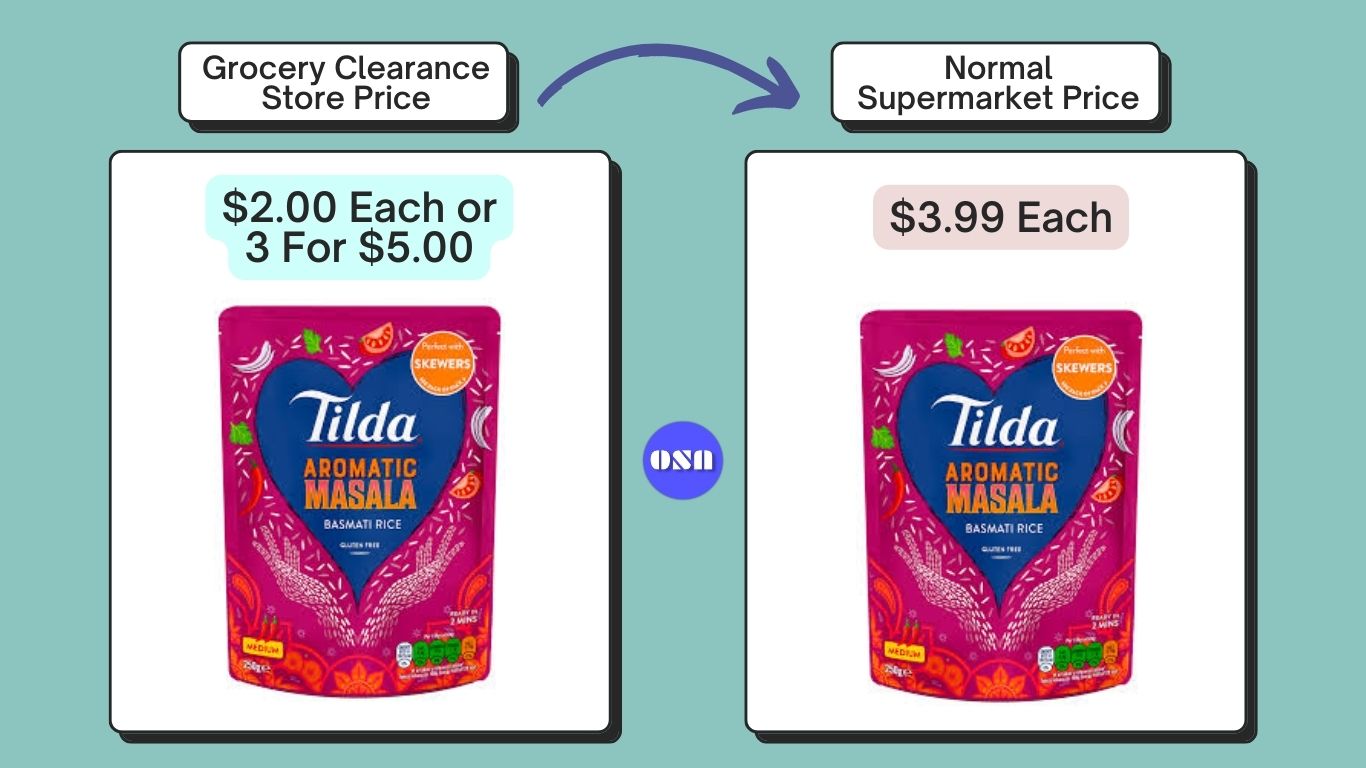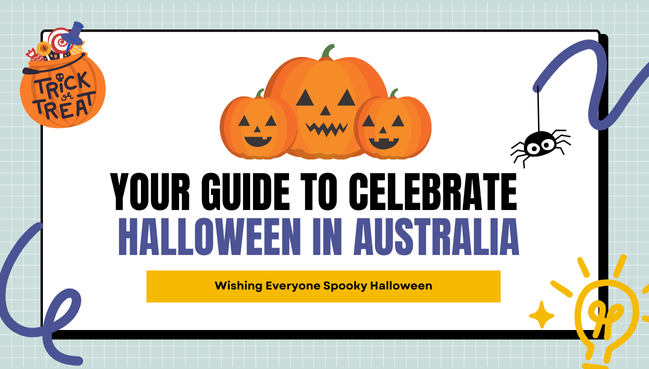A Students Guide to Becoming a Freelancer in Australia

Many students in Australia look to make some extra $$$ while studying.
And while as a student you can find some part-time work, many students look forward to doing something of their own.
That is where Freelancing shines.
So, this guide will give you information on how to do freelancing in Australia as a student including where to find work as a freelancer.
So let’s get in!
What is Freelancing?
Freelancing is a type of self-employment where a person offers their services on a project or contract basis to their clients.
So rather than committing to full-time or part-time employment, freelancers take on multiple projects with different clients.
Why Freelancing?
So you might wonder why freelancing? Well, there are some reasons:
- You are your own boss: Freelancing is self-employment so you can choose to work when you want, who you want to work with and, to an extent, how to work as well. Giving you the freedom of becoming your boss.
- Work-life balance: As a student, you need to manage multiple priorities, especially as you live far away from your family. Freelancing is a great way to manage a balance between your studies, work and life.
- Flexibility with study schedules: No more stress about choosing a specific lecture that suits your work schedule. Freelancing allows you to have flexibility in choosing your study schedule. By finding remote freelance opportunities, you can even strike the perfect balance in your schedule by working from your student accommodation in Perth!
- Varied work opportunities: As a freelancer, you usually work with different clients from around the globe on different projects. It not only gives you a chance to improve your skills and knowledge but presents different opportunities as well.
What are the Requirements to Work As a Freelancer in Australia?
Here are some requirements to keep in mind when working a freelancer in Australia:.
- ABN: You need to have an ABN (Australian Business Number) to work as a freelancer in Australia as you will be running your own business.
- International Student Work limitations: As an international student, you can only work a maximum of 48 hours per fortnight while your study is in session. However, during official school holidays, you can work unlimited hours.
- Bank Account: It might be a good idea to create a new bank account to manage finances as a freelancer.
- Keeping records: You will need to keep a record of hours worked, invoicing and taxes as you are running a business. Many freelancers use accounting software like Xero to help them manage all the record keeping requirements.
- Payments Platforms: You will need to get paid right? So you will need to consider what payment platforms you might need to use. While bank transfers can be great for local payments, international clients might like to pay via platforms like PayPal or Wise.
- Skills and knowledge: Now it goes without saying that you need to have the right skills and knowledge to get work as a freelancer. Without that, it will be difficult to get work.
What are the Popular Types of Freelance Work?
There are many types of freelance work available to students in Australia. Some of the popular freelance work includes:
- Digital Marketing: This includes social media marketing, content creation, SEO, email marketing.
- Graphic Design. You can provide services like logo design, web design, illustrations, flyers
- Tutoring: You can teach primary, secondary or university students, depending on your skillset.
- Writing: It includes services like copywriting, blogging, editing and proofreading.
- Software Development: You can get work for web development, app development, tech support and others.
- Virtual Assistance: Providing admin support, customer service, research assistance.
- Photography and Videography: Offering product/service photography, drone shoots, events related, video editing.
Other options include fitness coaching, event planning, data analysis and many more.
Just note that some of these work opportunities might require you to have permits, certification or qualifications in Australia.
Where to find work as a Freelancer in Australia?
Here are some great places to find work as freelancer in Australia:
- Online Platforms: List of popular freelancing platforms includes:
- Airtasker
- Gumtree
- Fiverr
- Upwork
- Freelancer.com
- PeoplePerHour
- Networking: You can attend events, exhibitions, seminars, conferences happening around Australia to build your network. This will help you to connect with the businesses who might be looking for services like yours. Here are some popular platforms:
- Eventbrite
- Meetup
- Allevents
- Cold Outreach: Consider sending messages to prospective businesses who might hire your services. You can do this via platforms like Facebook Groups and LinkedIn.
- Referrals: This one works once you have worked with some client. If they liked your work, then they might send your referral. Ideally, you should build your portfolio to showcase your skills to new clients.
How much money Freelancers can make in Australia?
The answer to this question is a bit challenging as it depends on your skill set, experience, client budgets and other factors.
In Australia, the current minimum wage from 1st July 2024 is $24.10.
But there is no fixed minimum wage for people running their own business as a Freelancer.
Upwork has put together a really good guide on how to calculate your rates a freelancer.
Tips for Success as a Freelancer in Australia
Few tips to be successful as a freelancer in Australia:
- Building strong client relationships: One of the keys to becoming a successful freelancer is to build strong client relationships. Even if they don’t have an immediate work, they might consider you for future work or even send your referrals.
- Always delivering on time: As they say “Time is money”, it is crucial for you as a freelancer to deliver your projects on time. If possible, deliver ahead of schedule.
- Exceptional service: Create a wow factor for your clients. Mesmerise them with your services.
- Continually upgrading skills: As technology evolves, you should continuously look to improve your skills and knowledge. Especially during the slow period.
Well, that is all we have for this guide on how to become a freelancer in Australia as a student. Let us know your thoughts on it in the comments below.












